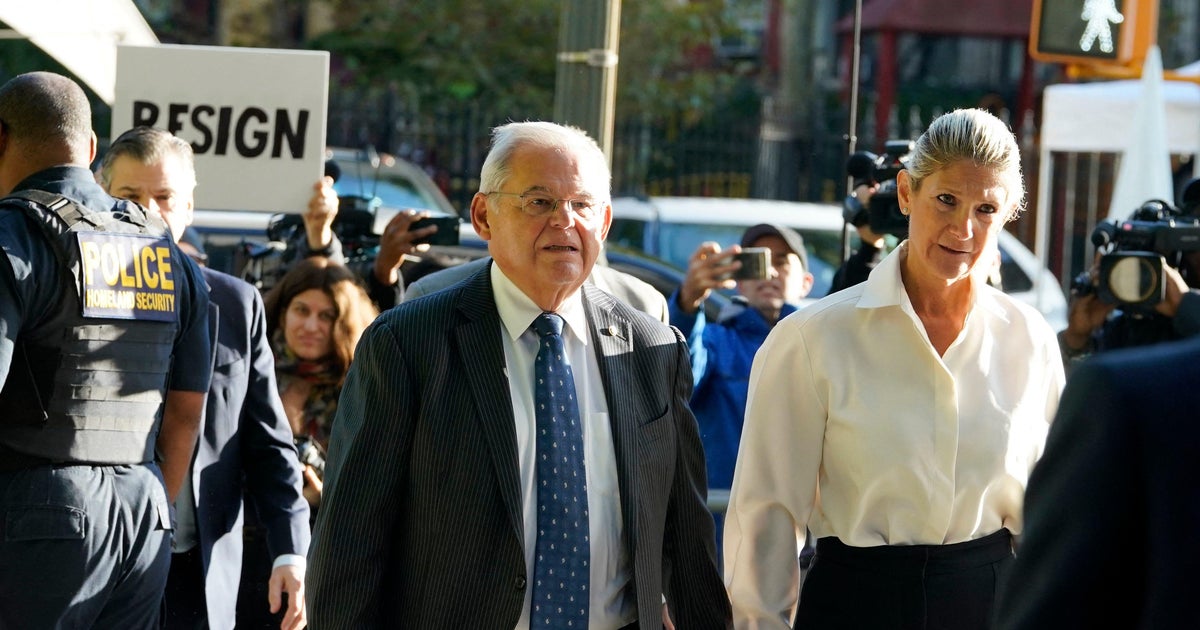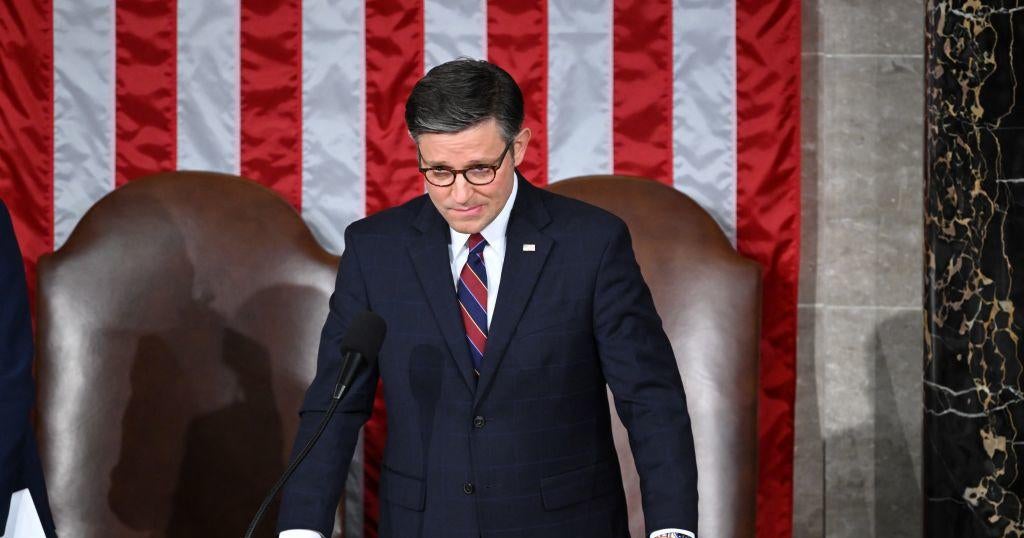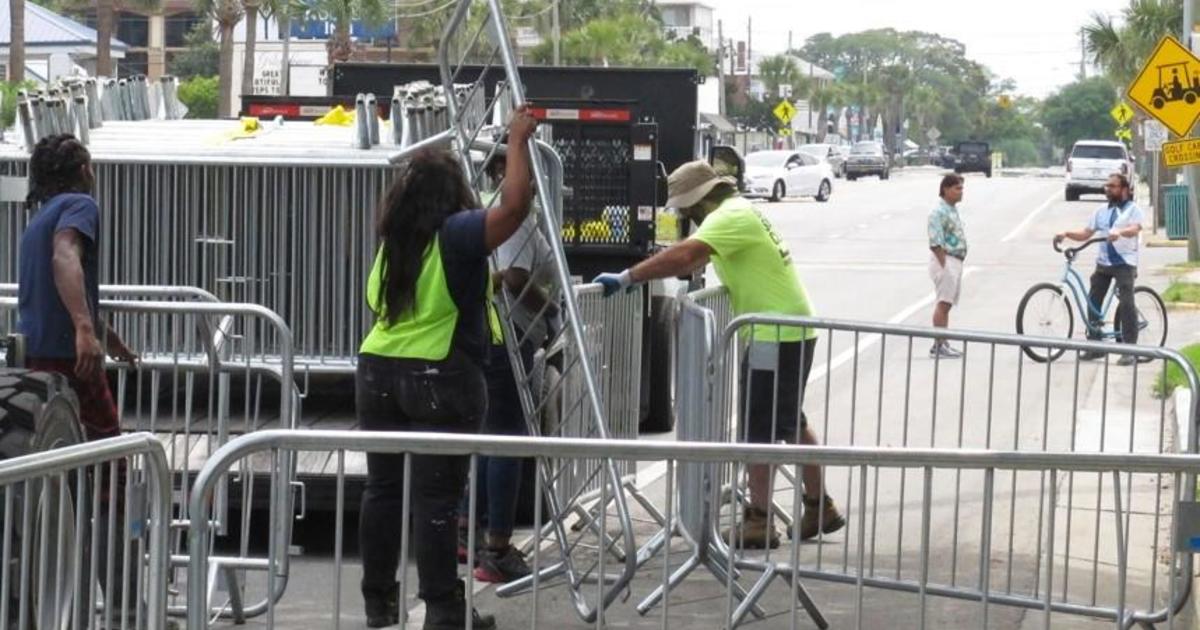Voting Woes In Several States
With the country on the threshold of the first election since the recount controversy of four years ago, several states were dealing with polling problems or legal battles over the weekend.
As early voting ended in Florida, elections officials tried to resolve last-minute problems ranging from undelivered or delayed absentee ballots to allegations of fraud.
In Ohio, a federal judge ended Republican efforts to challenge thousands of new voting registrations as fraudulent. On a separate issue — a Democratic challenge to Republican plans to place challengers in polling places to question people's eligibility to vote — the Republican Secretary of State wants a ban. The Republican attorney general disagrees.
The problems could reflect the normal snafus that attend any election, exposed now only because of the debacle four years ago.
Some of the snags may be the price of introducing new technology, or the understandable byproduct of a huge surge in registration across the country.
Whatever their origins, the woes are making for a busy weekend in elections offices around the country:
In Florida, turnout was heavy across the state. Broward County citizens waited nearly four hours, Seminole County voters waited more than two hours, and the midday line at a Hillsborough County library was 266 persons deep.
In Broward County, elections officials dropped off 2,505 absentee ballots at a postal distribution center Saturday, making their last delivery at 3 p.m. — leaving little time for those ballots to be returned and counted for Tuesday's election.
The ballots were dropped off long after carriers hit the streets for Saturday's deliveries, said Gerry McKiernan, a spokesman for the U.S. Postal Service.
McKiernan said one of the ballots dropped off Saturday was to be sent to Las Vegas and another to Orlando; odds are, there is not enough time for those to be shipped, filled out and returned to Broward's election office by 7 p.m. Tuesday.
A civil rights organization was sued for allegedly neglecting to turn in voter registration forms collected from citizens during a petition drive, and Common Cause, a nonpartisan government watchdog, announced it received more than 7,500 calls from Floridians with voting trouble issues.
So far, more than 1.8 million of the 10.3 million Floridians registered to vote have cast ballots, either early or absentee, and the number was expected to rise to 2 million by the time polls open Tuesday.
"It's encouraging to have this opportunity to come out and vote early," said Tiffany Young, 32, of Tampa. "This is encouraging a lot more people to come out to vote."
In Ohio on Friday, Republicans lost an attempt to restart hearings on thousands of voter registrations that the party has contested. The decision by a federal appeals court means the hearings may never be held.
Separate suits have also been filed on Ohio over Republican plans to station thousands of monitors at polling places. Saying the cases could not be resolved by election day, Secretary of State Ken Blackwell said he wanted to ask the courts to block "all challengers of all parties … from polling places throughout the state."
The state attorney general disagrees. Jim Petro said that until a court rules otherwise, the observer law is valid.
"Neither the Secretary of State nor I can negotiate away the legal rights of Ohio's citizens," Petro said in a statement.
The top U.S. Justice Department official for civil rights says the law allowing polling place observers in constitutional.
Meanwhile, liberal filmmaker Michael Moore plans to have hundreds of cameras outside polling places in Ohio and Florida on Election Day to watch for attempts to suppress voter turnout.
"I'm putting those who intend to suppress the vote on notice: Voter intimidation and suppression will not be tolerated," Moore said in a statement.



